One of the Army's former highest ranking Soldiers visited Rock Island Arsenal employees as well as the civilian community at local universities during a two-day visit to the Quad-Cities area.
Retired Gen. Gordon R. Sullivan, Army chief of staff from 1991 to 1995, shared his leadership philosophies with the civilian community during evening presentations at Augustana College and St. Ambrose University Dec. 4, and then gave a presentation at the Arsenal's Baylor Conference Center to a packed room the next morning.
Sullivan is the president and chief operating officer of the Association of the United States Army, headquartered in Arlington, Va. He assumed the position in February 1998.
Sullivan told audiences about his affiliation with the Army that goes back to 1959 emphasizing the value of people.
He was the Army's 32nd chief of staff and thus a member of the Joint Chiefs of Staff. He is credited with creating the vision and leading the team that transitioned the Army from its Cold War posture.
"It's all about people," Sullivan said. "That is what leadership is all about. You don't command things, you command people."
Quality is also a prized commodity for Sullivan, not only in equipment but people too.
"The reason we have world-class Army is found in this room," Sullivan said. It is the "quality people and quality Soldiers in this room that make our Army strong."
Sullivan also credited technological advances as reasons why the Army is more agile and better prepared today.
During this tenure, it took eight minutes from the time a forward observer spotted a target until he could communicate back to lay down effective fire, Sullivan said. With the advances in lasers and digital communication it now can be done in three minutes.
Maj. Gen. Robert M. Radin, commanding general of the U.S. Army Sustainment Command, thanked Sullivan for speaking to the community and the work force at Rock Island Arsenal.
"Your time with us is an affirmation that this institution known as the Rock Island Arsenal and the organizations here are important to the defense of this nation," Radin said. "Your investment of leadership and development of this lecture has been exceptional."
Sullivan closed his presentation by telling Arsenal employees that they should be proud of the support RIA provides.
"Since 1860, there have been men and women here serving the nation. That is a huge legacy. Every one of those people who served here over the years would be enormously proud of what is happening here today," Sullivan said.
"We have the best-equipped troops in the world because of men and women like you in uniform and civilian clothes that are dedicating themselves so our troops get what they need. You need to know that you are a vital part of the blood and strength of the U.S. Army."
During a question-and-answer session after his presentation at RIA, Sullivan said this:
Aca,!Ac He feels the Powell Doctrine is not shelved and will be applied again in future foreign policy matters. The doctrine calls for overwhelming force against the enemy and requires an exit strategy before deploying personnel. He did recommend an increase of the active-duty force to 700,000 based on today's high operations tempo. As of July, the Army was at 538,000.
Aca,!Ac He does not see the need for a draft and favors some type of national service for young Americans. The all-volunteer force brings in some of America's best people, he said.
Aca,!Ac He feels success in Afghanistan must be based on understanding the tribal culture and history of that region, which he described as very brutal. He added that we need to learn from the mistakes made by previous world powers, such as Great Britain and the Soviet Union.
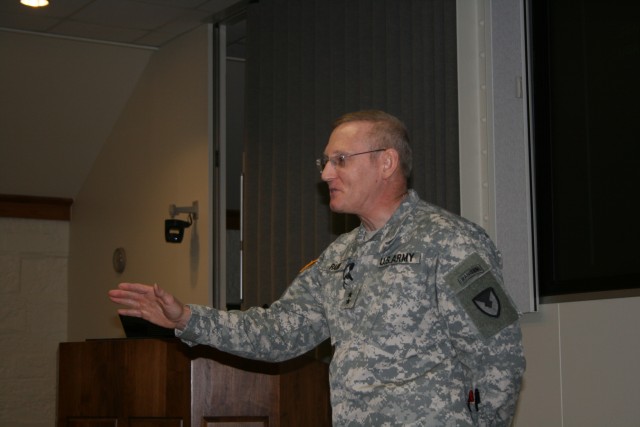
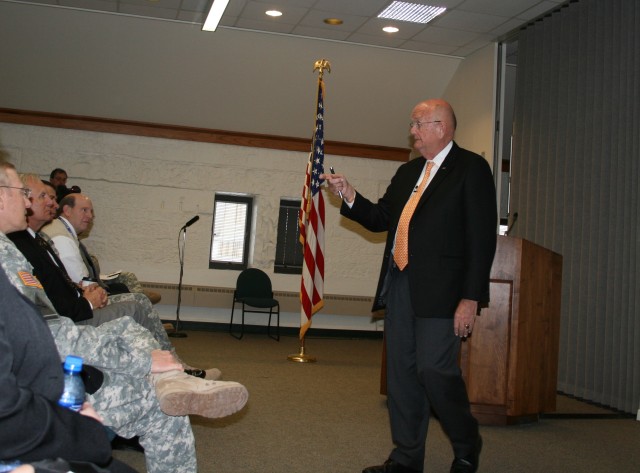
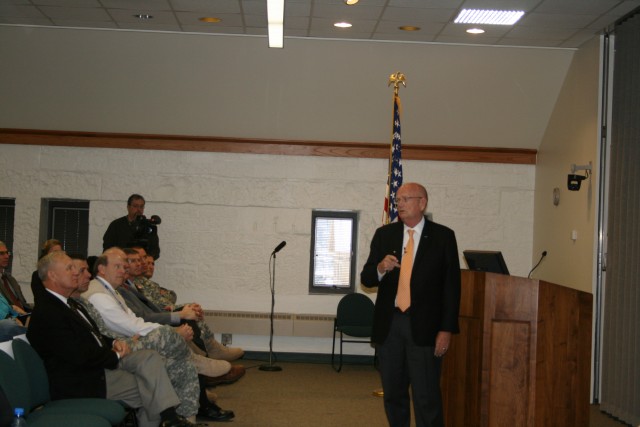
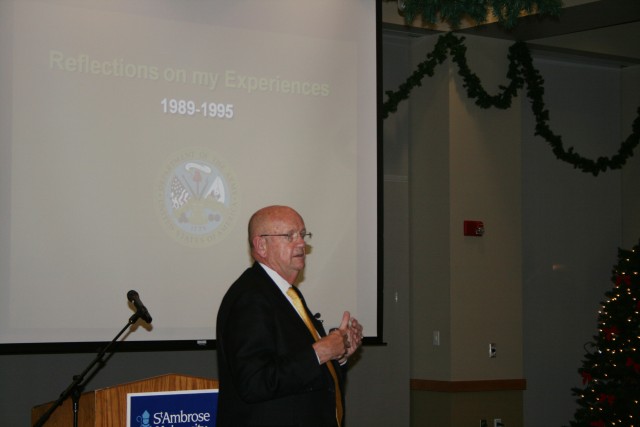
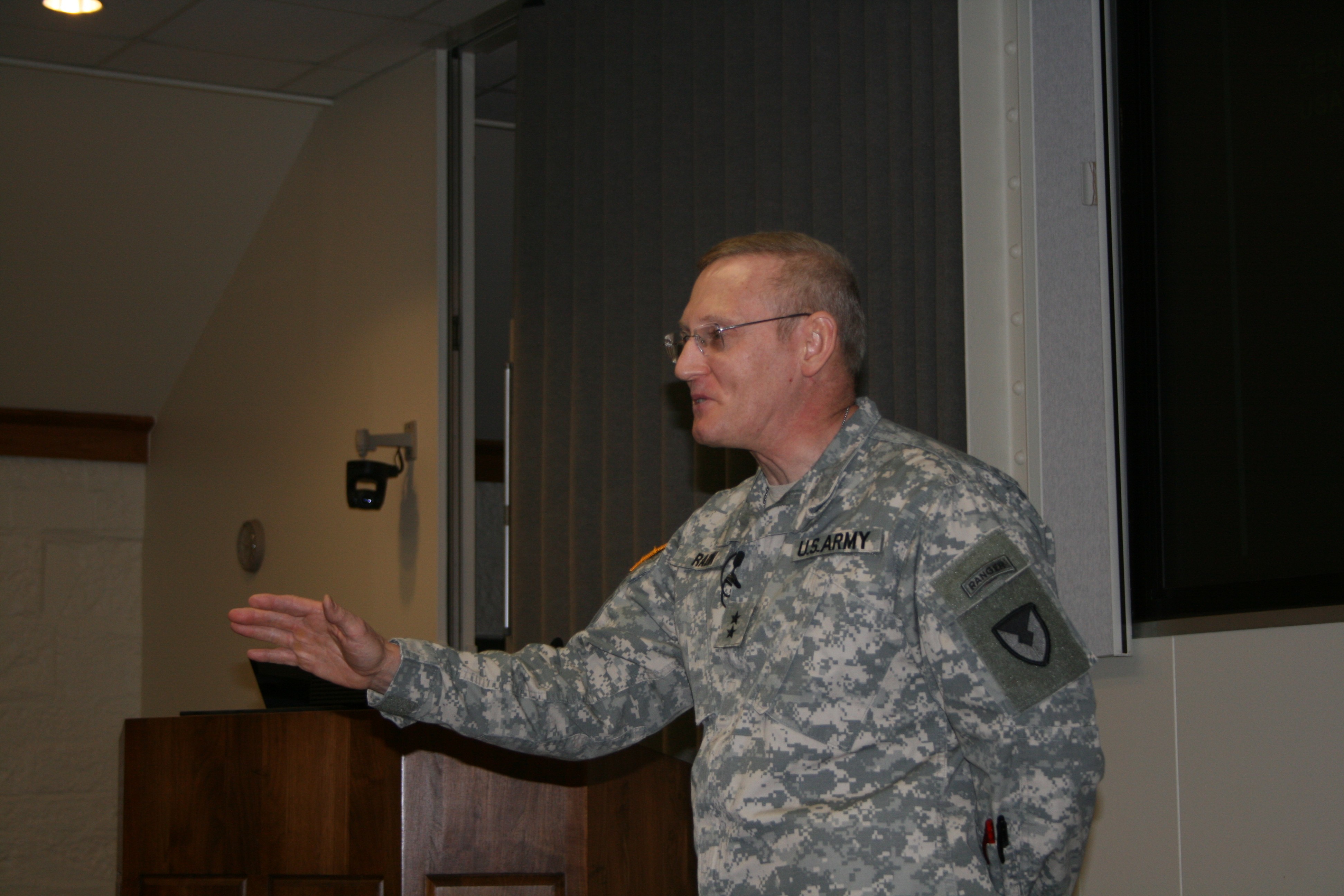
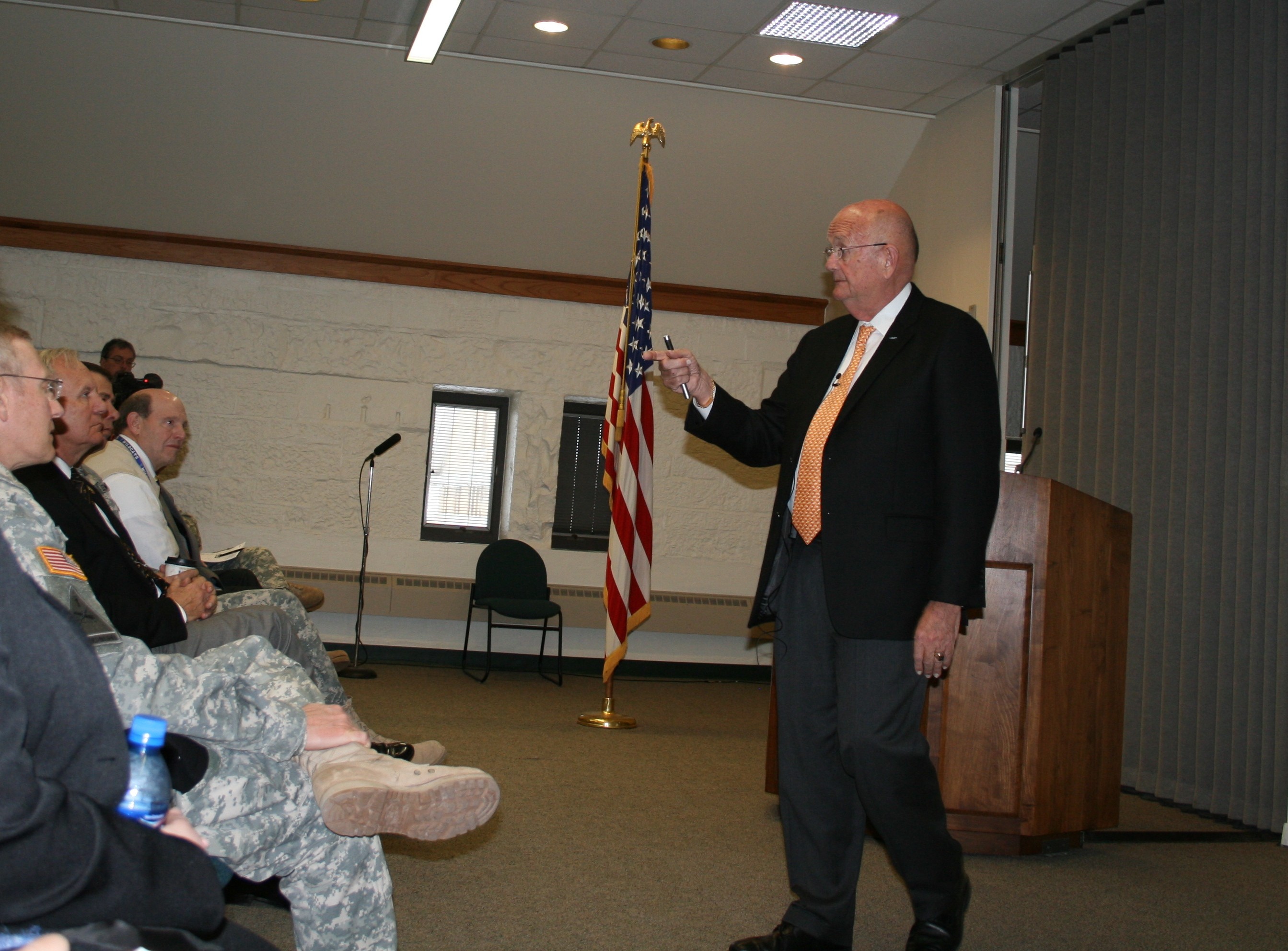
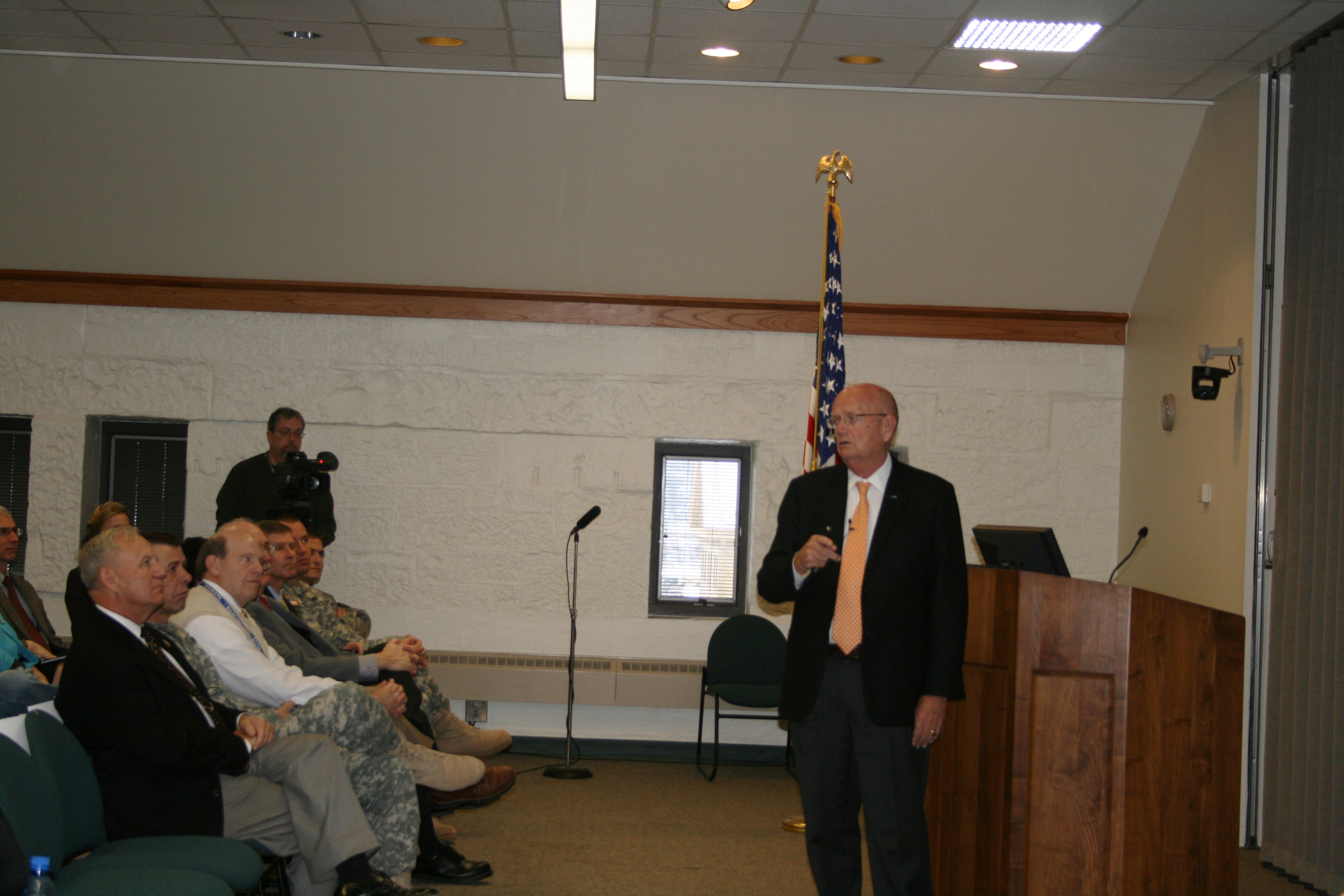
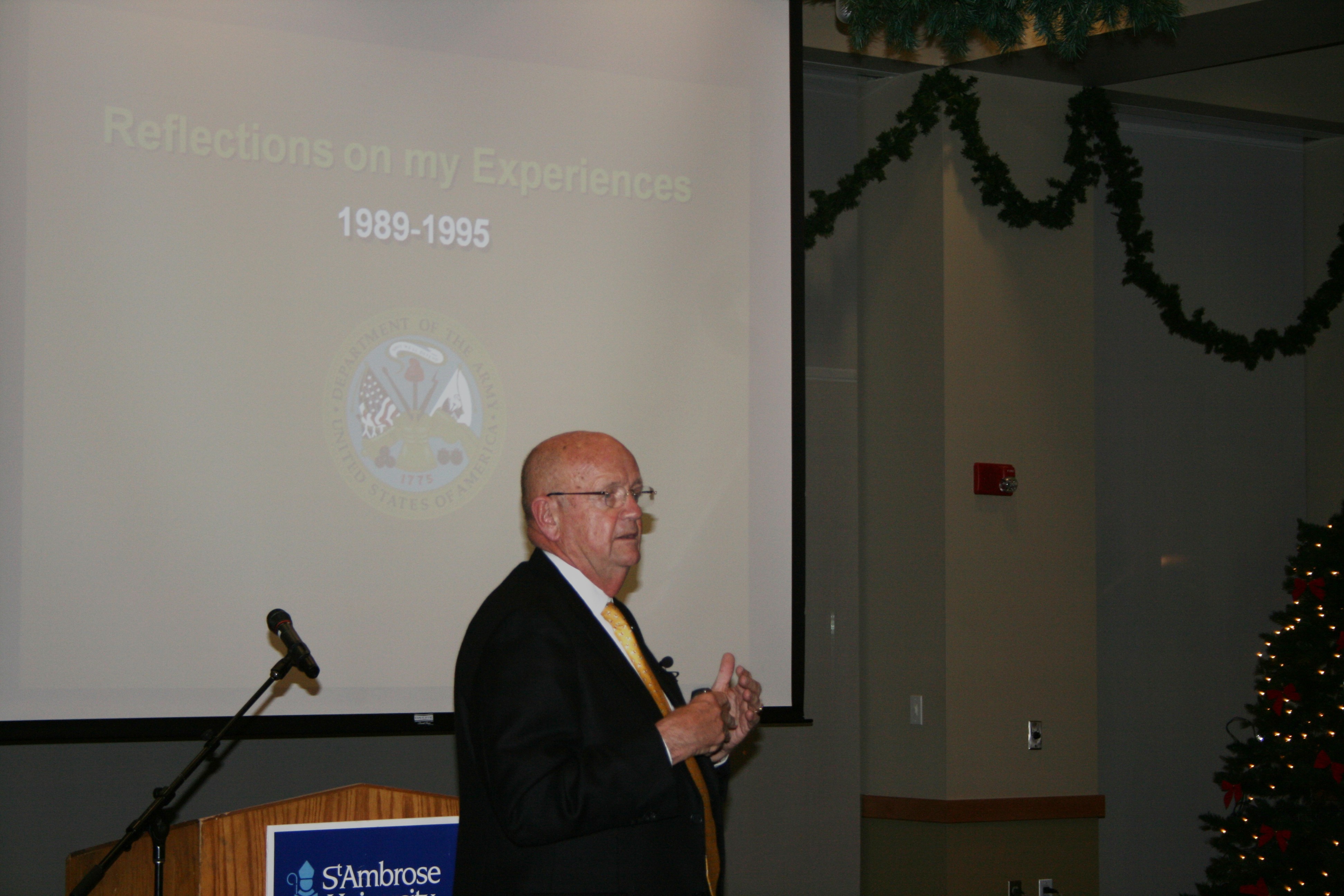
Social Sharing